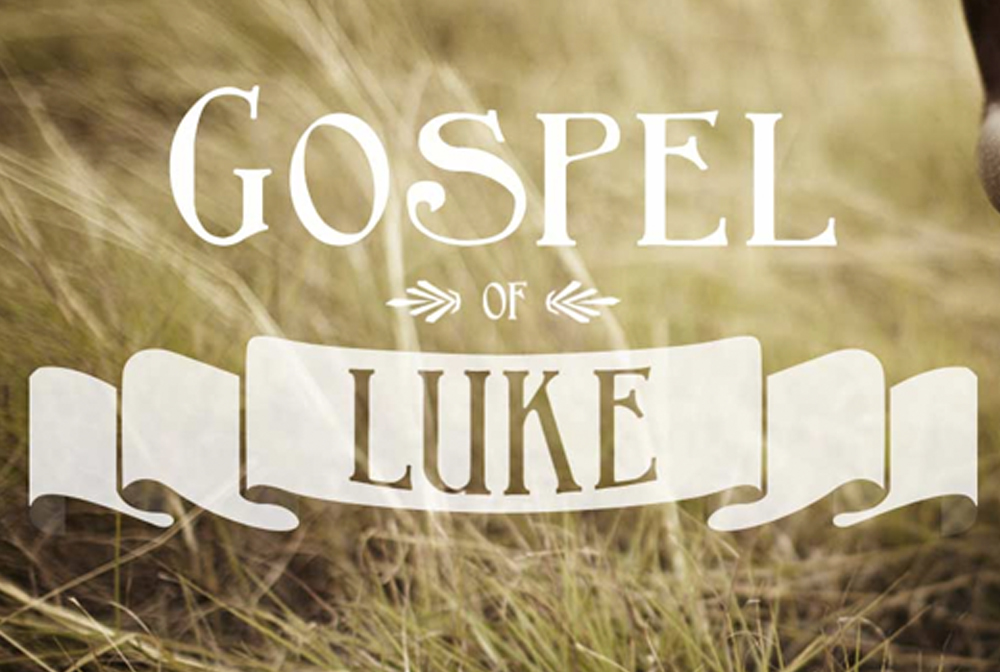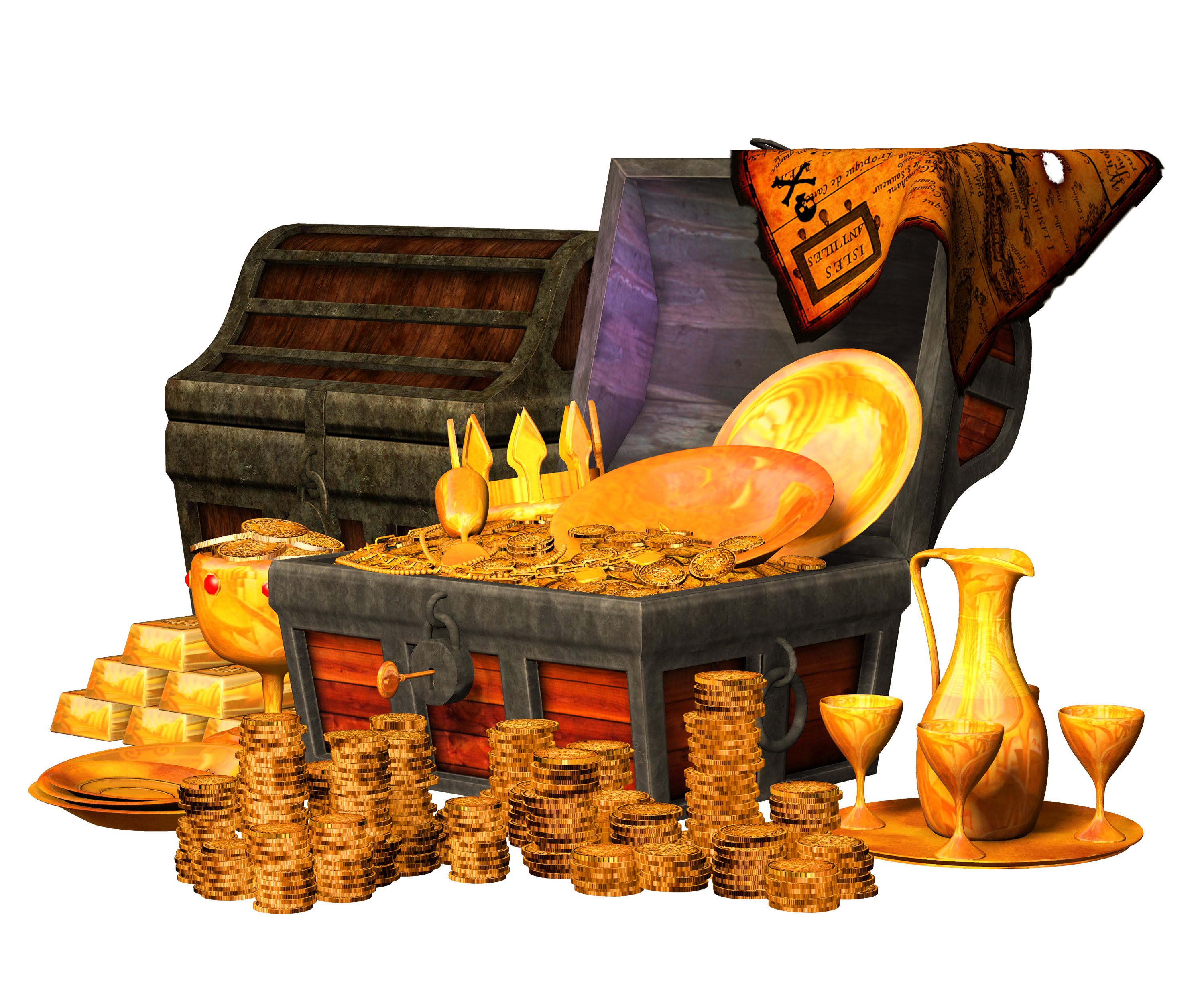Luke 1:6, Righteous…blameless. Zachariah and Elizabeth (Heb. Elishevah) were totally Torah-observant to the point of being blameless in YHVH’s eyes. This confirms Moses’ words in Deut 30:11–14 that Torah-obedience isn’t outside the realm of human possibility as some in the church erroneously teach today.
Luke 1:10, Praying … incense. Incense is not only a biblical metaphor for prayer (Ps 141:2; Rev 5:8; 8:3–5), but in the temple, was used while praying.
Luke 1:19, Gabriel. Beside this reference, Gabriel is only elsewhere mentioned in Daniel (Dan 8:16; 9:21). Gabriel means “strong, mighty man or warrior of El.” Michael is the only other archangel mentioned in the Scriptures (Dan 10:13, 21 12:21; Jude 9; 12:27).
Luke 1:20, Because you did not believe. There is a lesson for us in YHVH muting the mouth of Zachariah for a season. If the spiritual leaders are unable to believe what YHVH has told them already, how can he give them more revelation—more things to speak and teach about? If we’re not hearing new revelation from Elohim, maybe it’s because we haven’t believed what he has already told us.
Luke 1:28, Blessed are you among women. These words of Gabriel were repeated verbatim in Elizabeth’s prophecy concerning Yeshua (verse 42). Doubtless this was a supernatural confirmation to Mary concerning her role as the mother of the Messiah, for how could her cousin have known what the angel had spoken to her previously?
Luke 1:36, Elizabeth your relative. While Mary was of the royal lineage of David through her father, she also was a relative on her mother’s side of Elizabeth, the priest-wife of Zacharias, who was a daughter of Aaron (Luke 1:5). In Matthew one and Luke three two different genealogies are given for Yeshua, both of which go back to King David. One is presumed to be that of Joseph and the other is that of Mary. In this way, Yeshua was a direct descendant of David legally through Joseph, his step-father, and genetically through Mary, his mother. Does this mean that Mary was of priestly as well as Davidic lineage. Yes, but not patrilineally, only matrilineally. In the Scriptures, tribal lineage was determined through the father’s family line and not the mother’s.
In the case of Mary and Elizabeth, they would have shared common grandparents making them cousins. Their grandfather would have been a priest. In the case of Elizabeth, her father—the son of her priestly grandfather—would have carried the priestly line making her a daughter of Aaron (Luke 1:5). In the case of Mary, her mother would have been her priestly grandfather’s daughter meaning that she was of priestly lineage but not her children, unless she married a priest.
It seems that Yeshua would have carried some priestly blood in his genes, but he was not legally a priest through patrilineal descent. To be sure, Yeshua was a priest, but not one of Aaronic lineage but after the order of Melchizedek, which was the priesthood of the firstborn son passed on generationally. Yeshua was the first born son of Elohim eternally, which is why he is presently at the right hand of Elohim acting as our Great High Priest (Heb 1:3 cp. 3:1; 4:4; 8:1).
Therefore, Mary laid claim to a Davidic as well as a priestly lineage (Jesus the Messiah, by Edersheim, p. 105). This means that Yeshua was not only of direct Davidic lineage but was of priestly lineage as well.
Has also conceived…in her old age. Was Mary an older, barren woman like Elizabeth? If not, why the word also?



